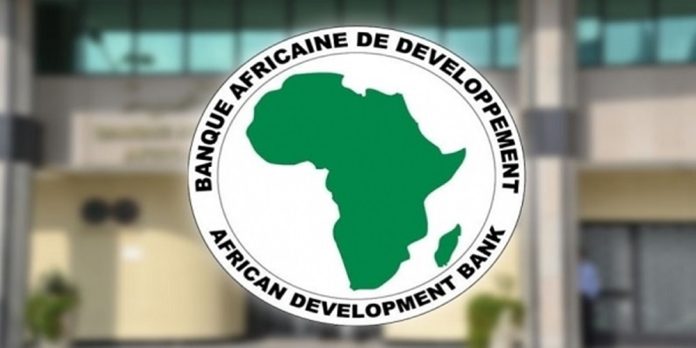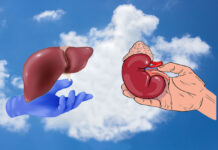
Morocco and the African Development Bank are preparing to revitalize their long-standing partnership by taking a hard look at how nearly €2.9 billion in ongoing development investments are being implemented. The goal is to improve project efficiency and ensure that current initiatives align more closely with the country’s evolving priorities.
To get there, a two-day workshop has brought together around a hundred participants in Rabat, including officials from various ministries, government agencies, project managers, and representatives from the Bank. Their mission is clear: enhance the effectiveness of the 32 projects currently underway and steer them more sharply toward Morocco’s national development goals.
Achraf Tarsim, the Bank’s country manager, praised the strength of the relationship, describing the scale of the financial commitment as a sign of a “deep and essential” partnership. He emphasized that these funds are not just about building infrastructure—they’re designed to support far-reaching reforms and strategic initiatives that will bolster the country’s economic competitiveness and global appeal.
The first day of the workshop has focused on developing a comprehensive action plan, including detailed recommendations and practical measures for all parties involved. These steps aim to boost the operational performance of the projects and increase their overall social and economic impact. The second day will be devoted to finalizing how the plan will be rolled out, ensuring that implementation strategies are aligned with both Morocco’s national priorities and the broader framework of the United Nations Sustainable Development Goals.
The review is also a chance to identify the roadblocks that have slowed progress so far, adjust the way projects are managed, and improve coordination among stakeholders. It’s as much about removing bottlenecks as it is about accelerating momentum.
Over the past five decades, the African Development Bank has played a pivotal role in Morocco’s development, financing more than 150 projects with total investments nearing €15 billion. Its support spans key sectors such as transportation, energy, water, agriculture, social protection, and governance—areas seen as critical to building a resilient and inclusive economy.




